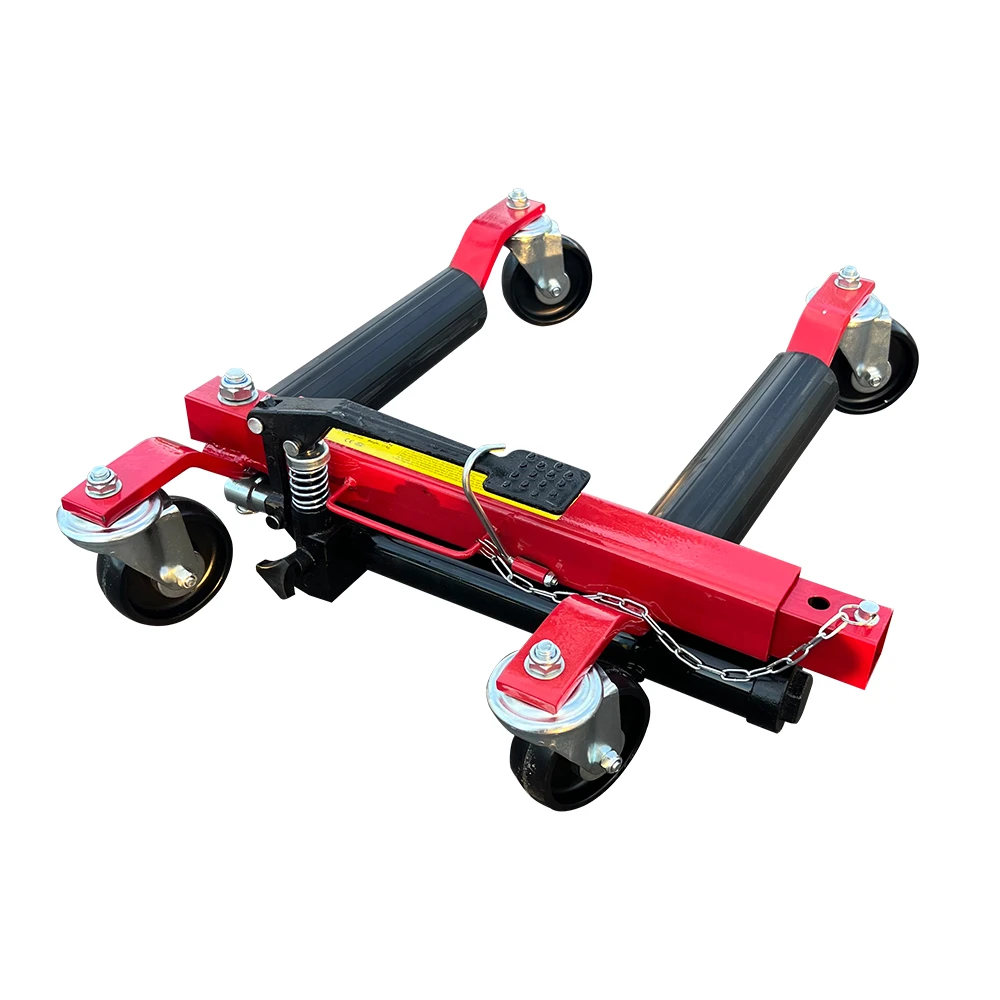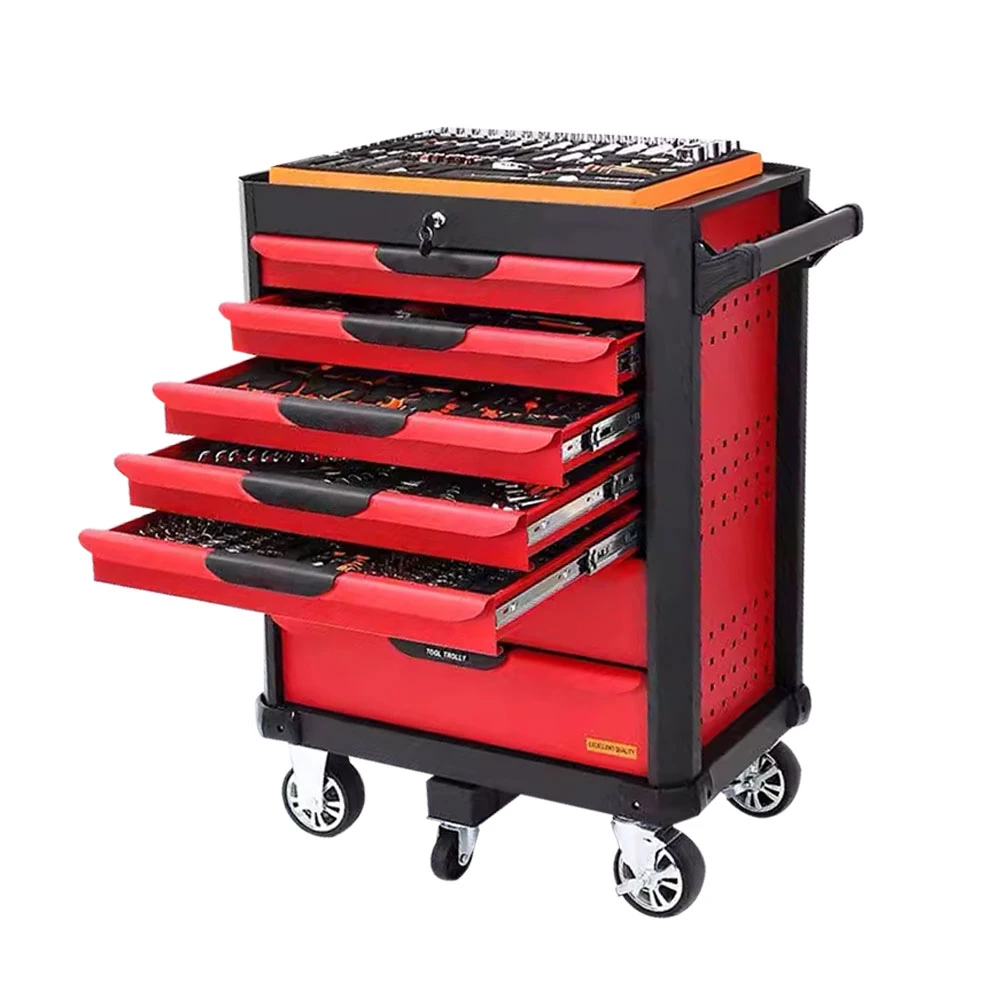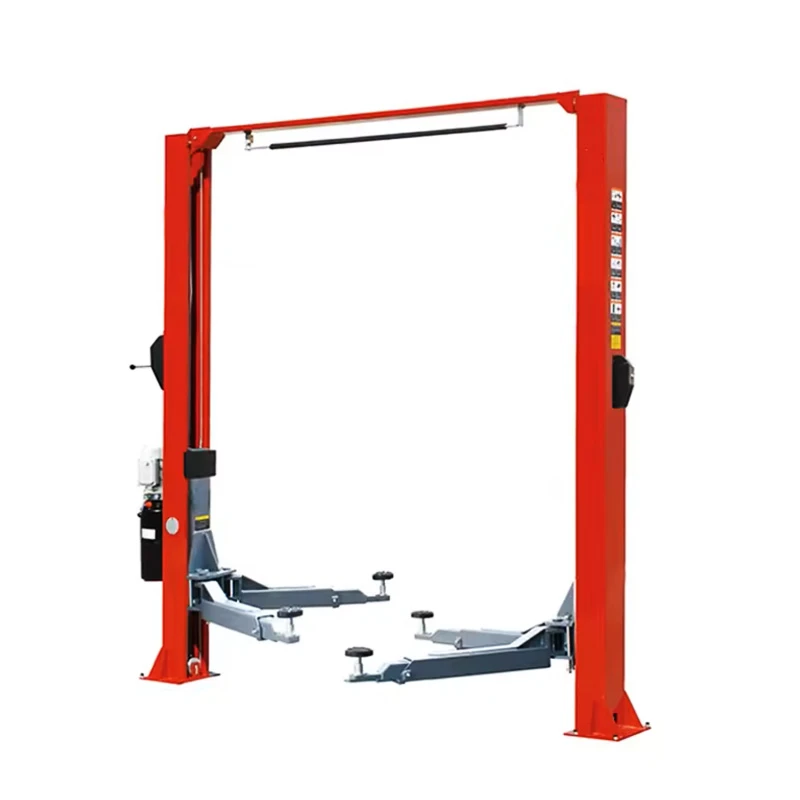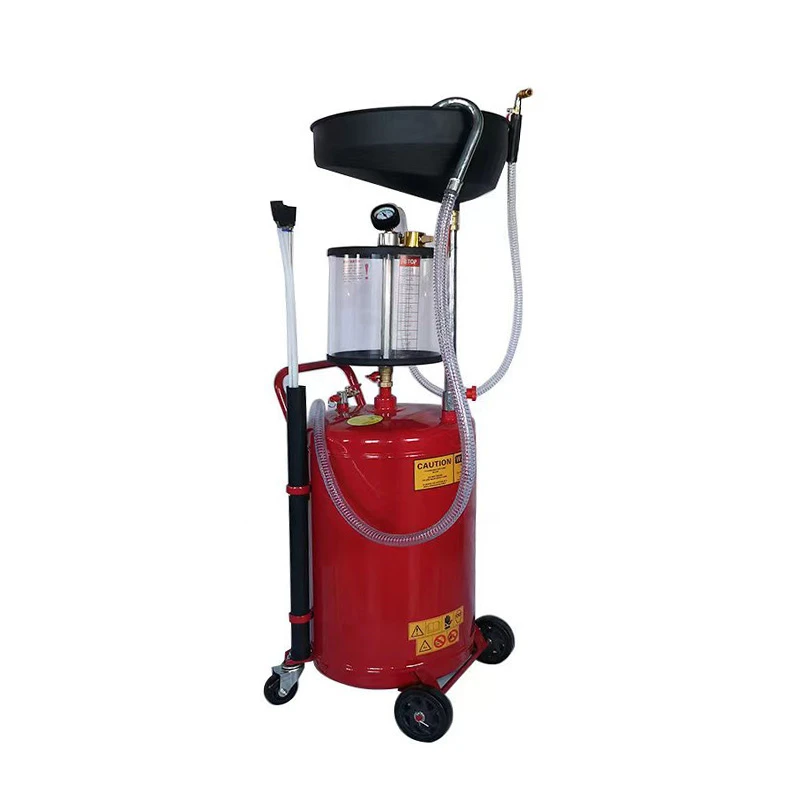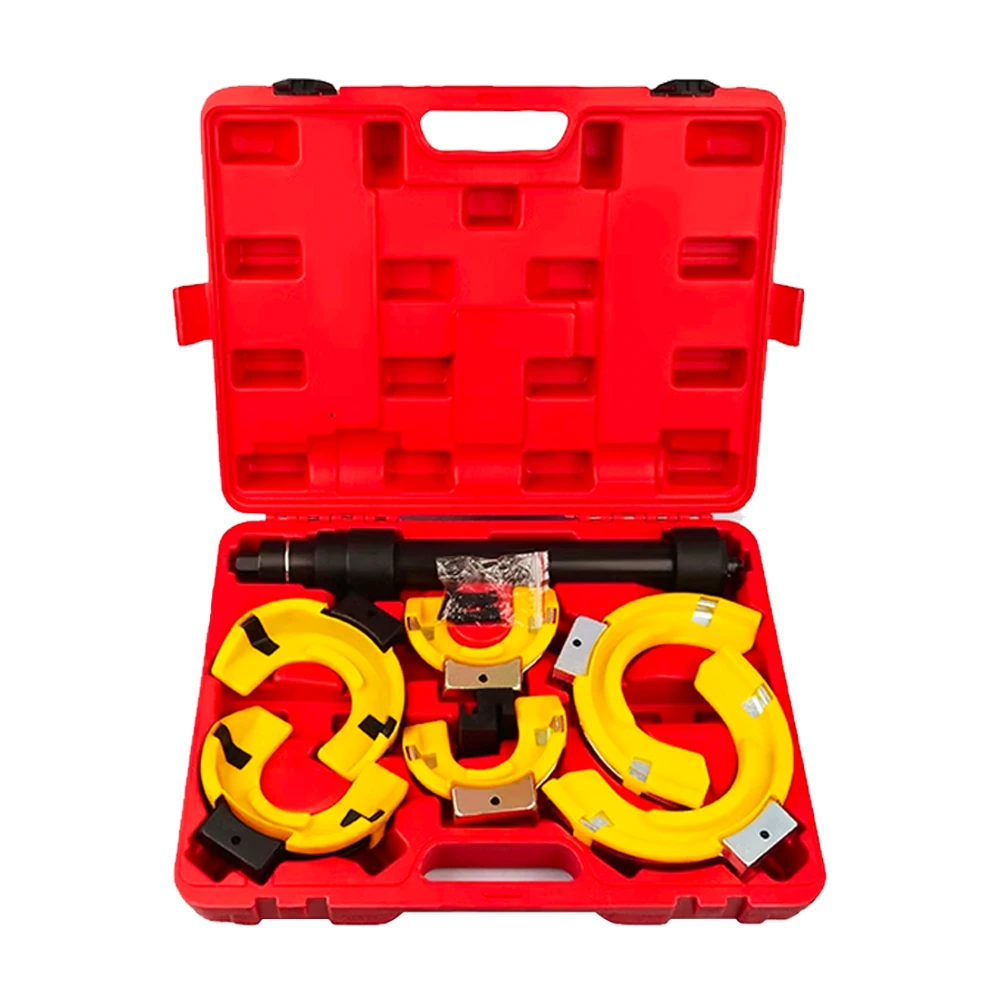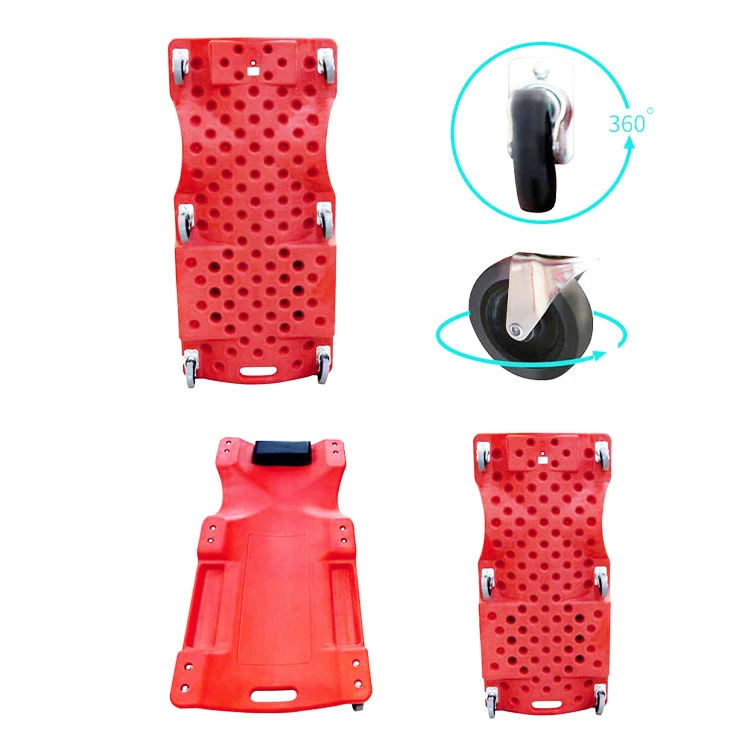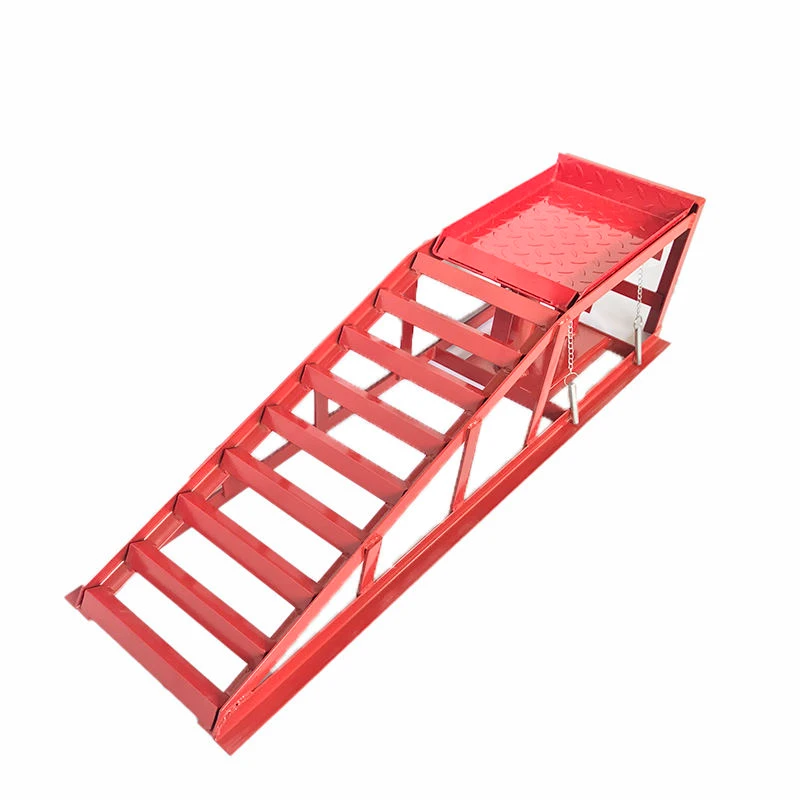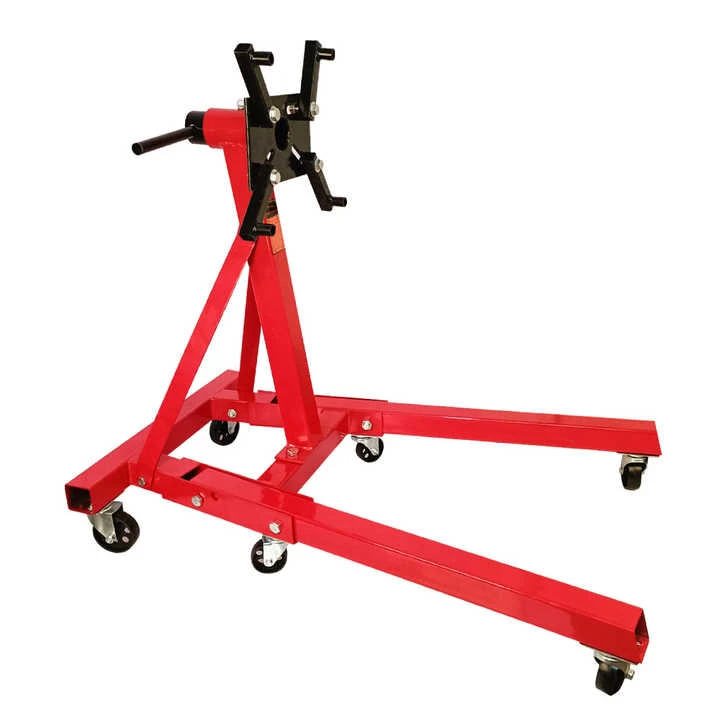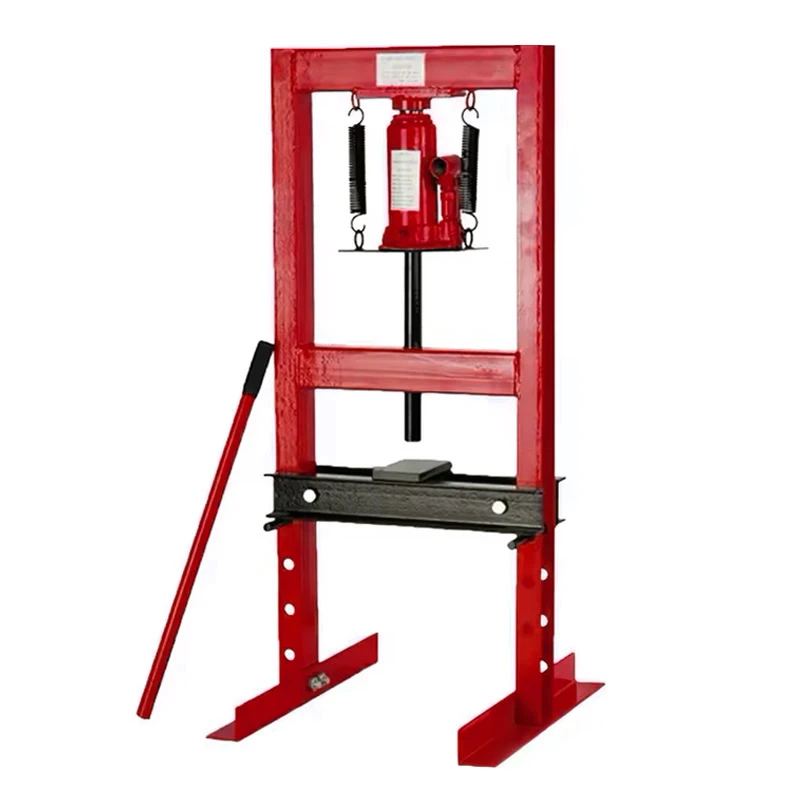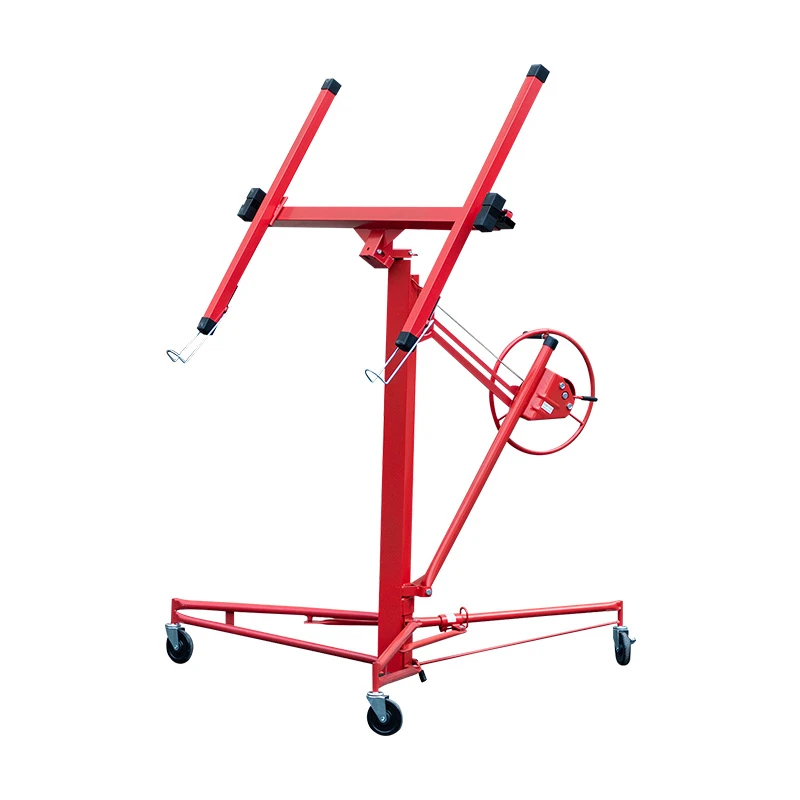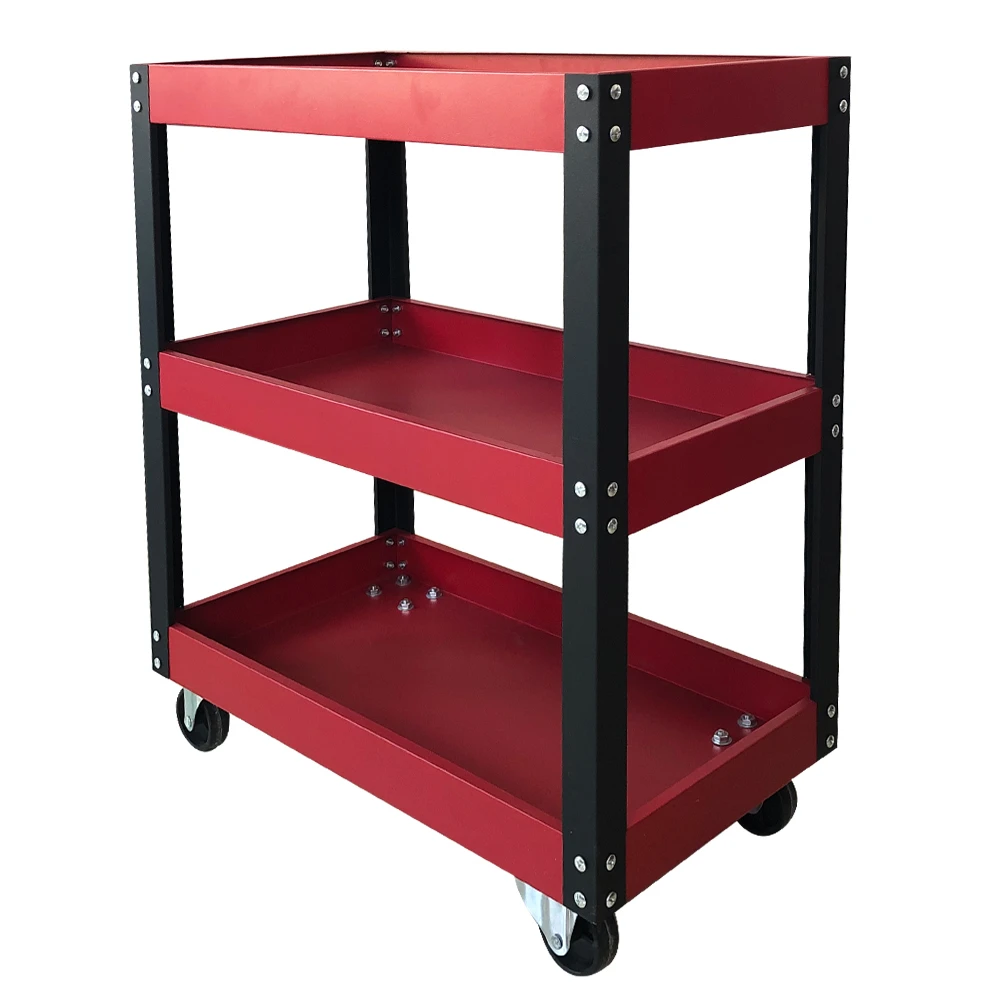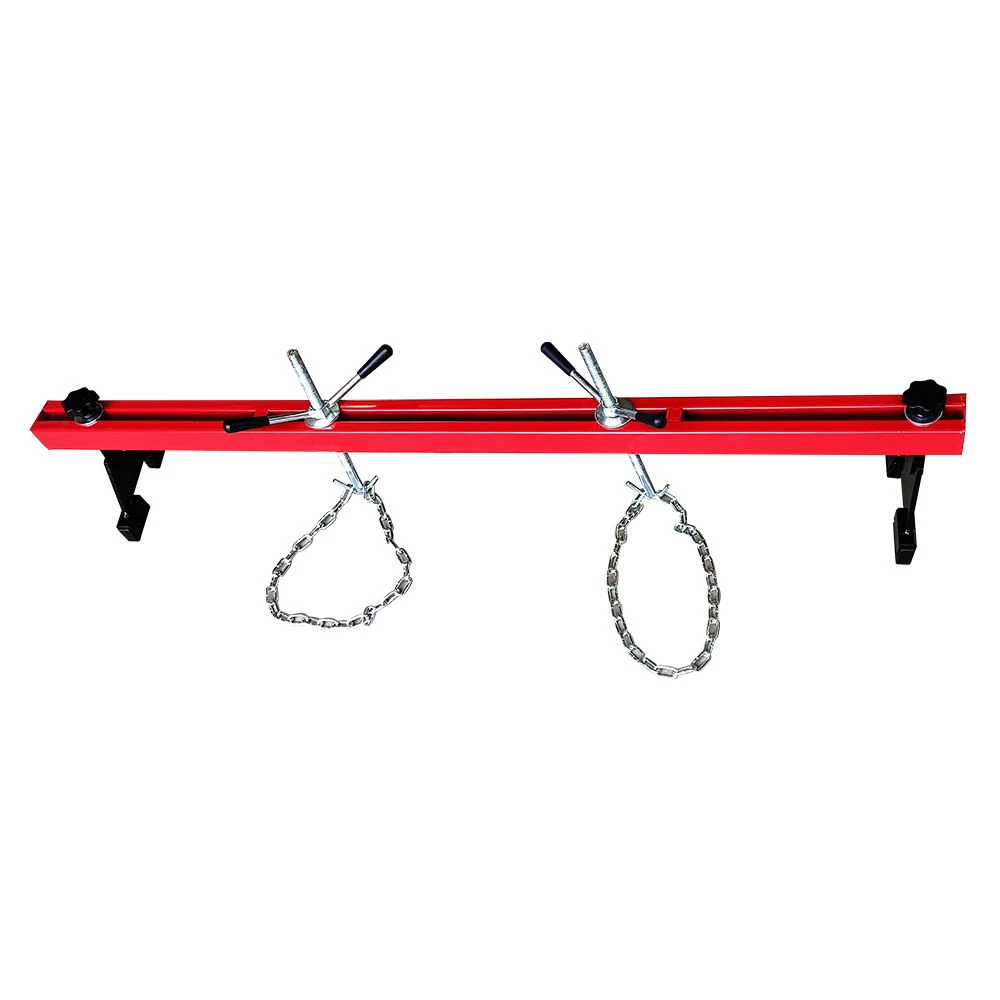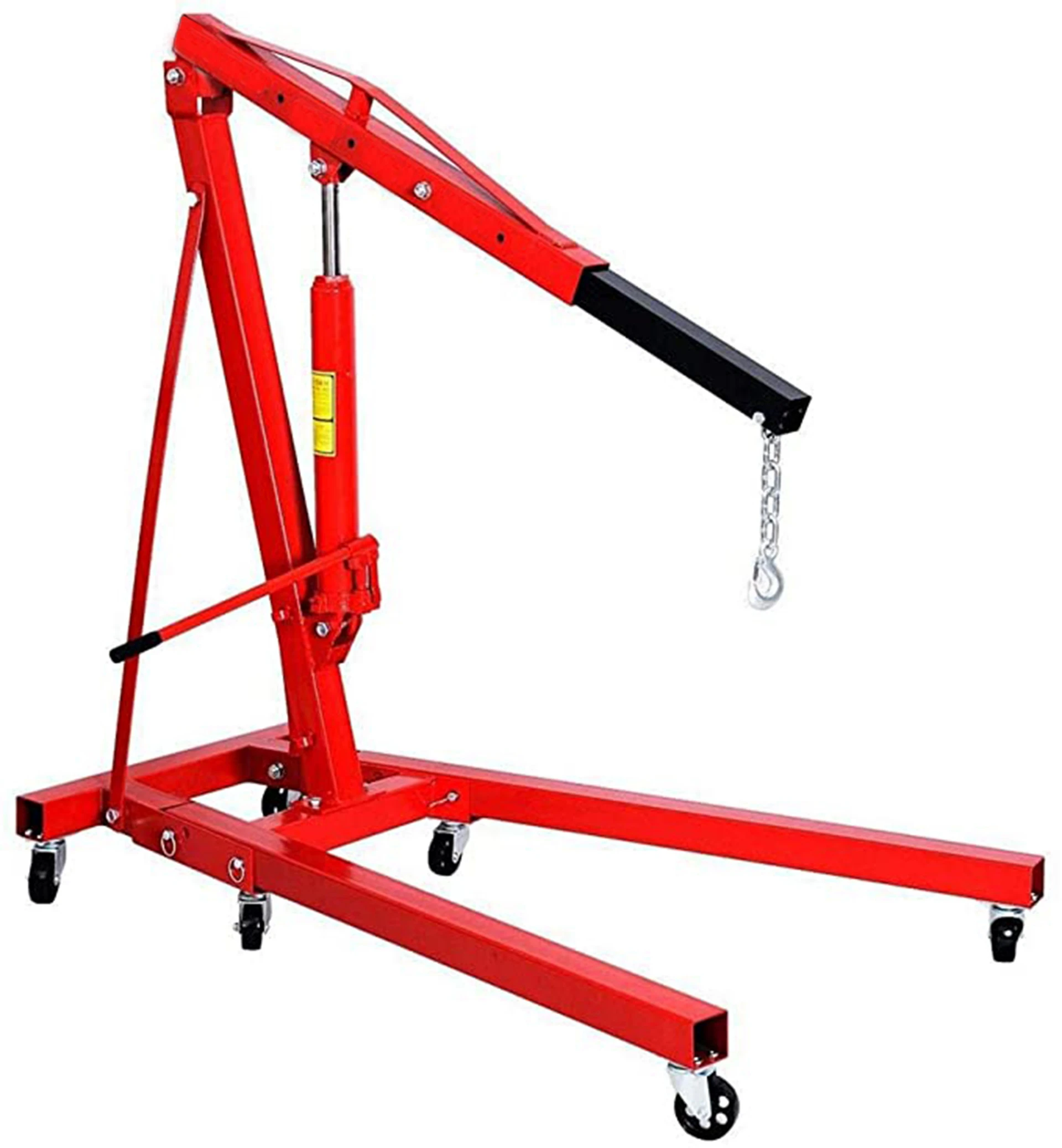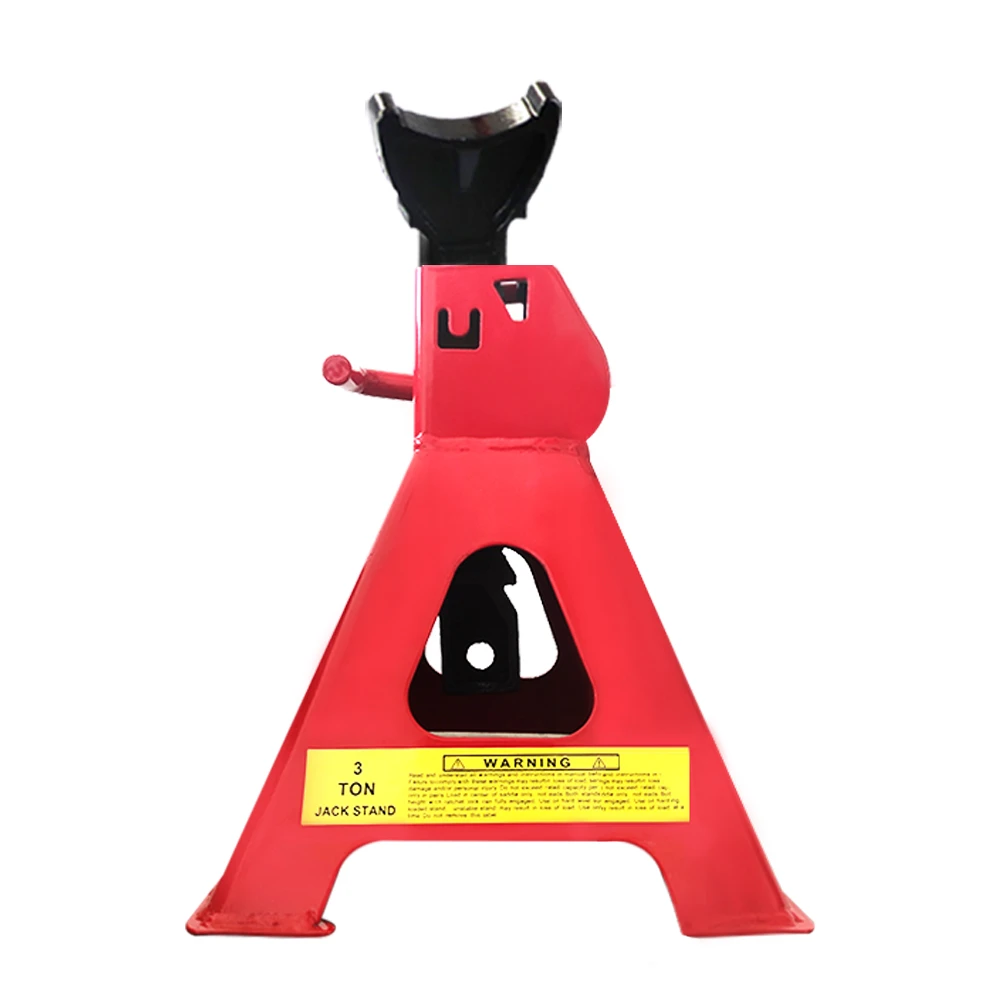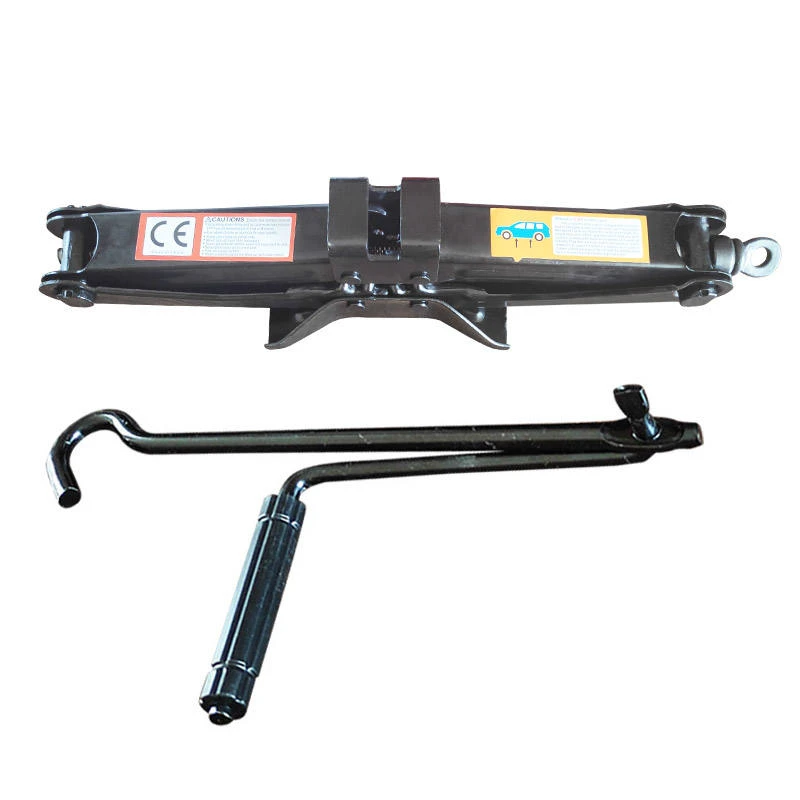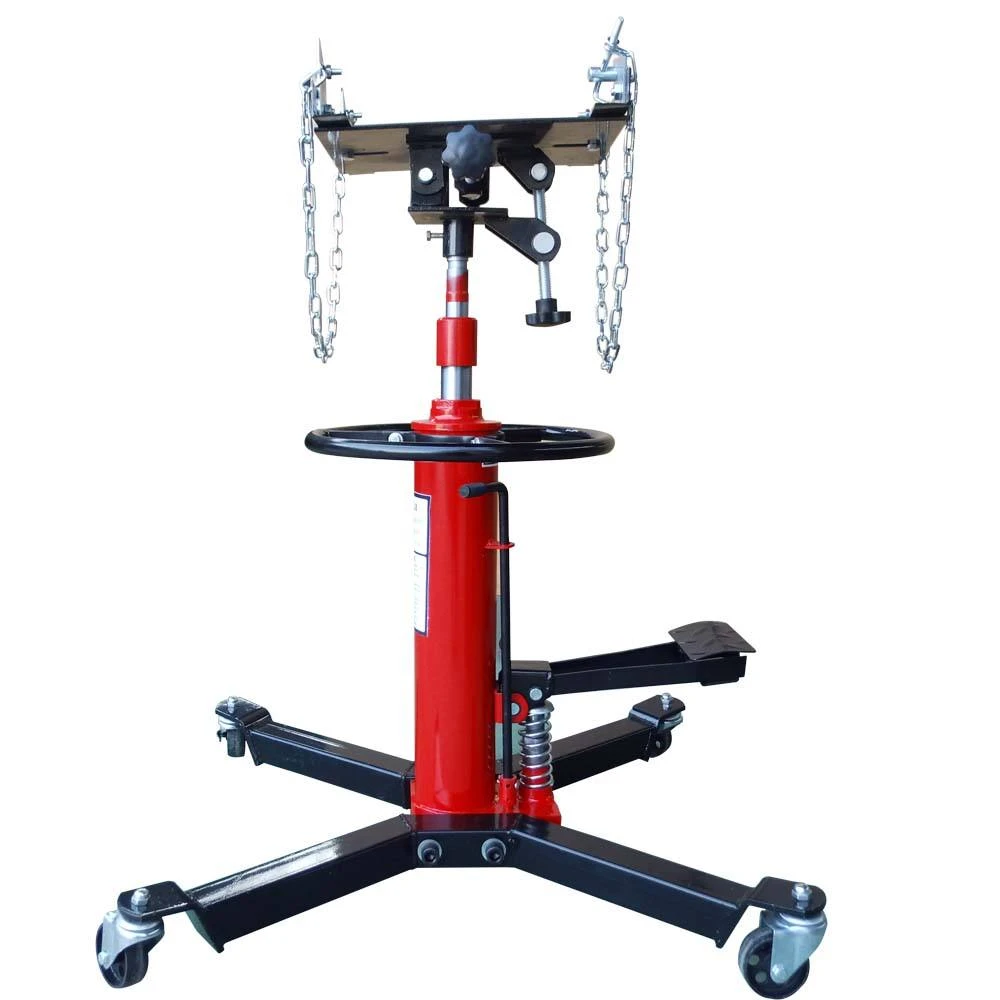Heavy Duty High Lift Plastic Car Ramps - Portable Auto Service Solution
Xianxian County Longge Automobile Maintenance Tools Co., Ltd.
Industry Leader in Automotive Service Solutions Since 2008
Contact Us: jerry@longge-tools.com | +86 19322373413
Location: Hebei Xianxian Fantun Industrial Zone, China
Website: www.lgautotool.com
Industry Evolution and Technical Advancements
The automotive service equipment industry has witnessed remarkable innovations in the last decade, particularly in vehicle lifting solutions. Traditional steel ramps have dominated workshops for years, but recent technological developments have ushered in a new generation of Plastic Car Ramp High Lift Auto Vehicle Car Ramp Portable Car Service Ramps. These advanced solutions combine superior engineering polymers with cutting-edge structural design to deliver unprecedented performance advantages.
According to research published in the Journal of Automotive Engineering (2023), polymer composite ramps now represent 38% of the global market share, growing at approximately 12% annually. This shift is driven by three key factors: weight reduction (plastic ramps are 60-70% lighter than steel equivalents), corrosion resistance, and enhanced safety features including superior anti-slip surfaces. Industry analysts at AutoService Professional project that by 2027, polymer ramps will account for over 50% of the professional workshop equipment market.
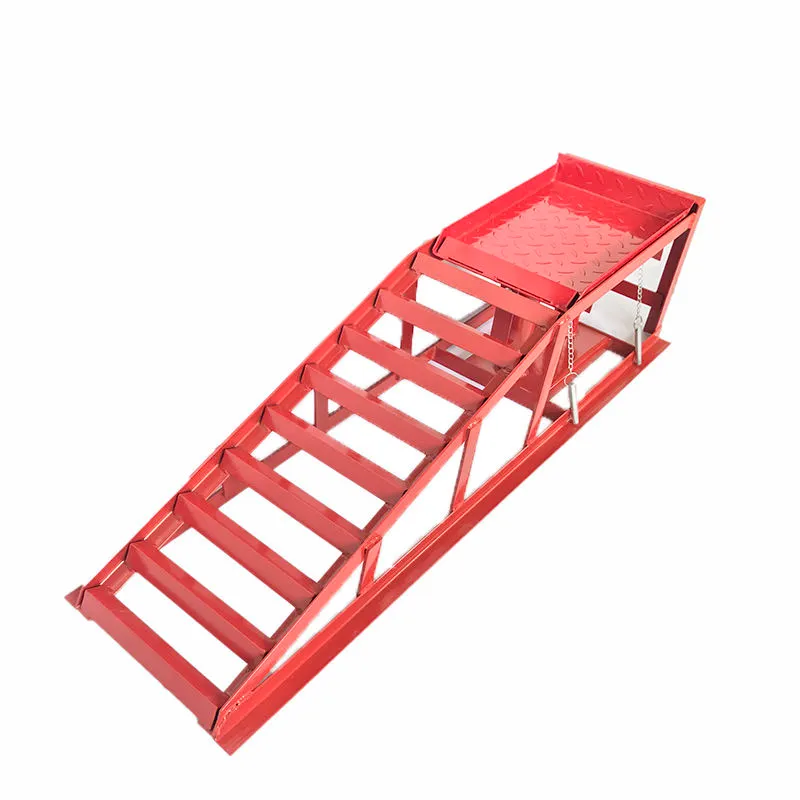
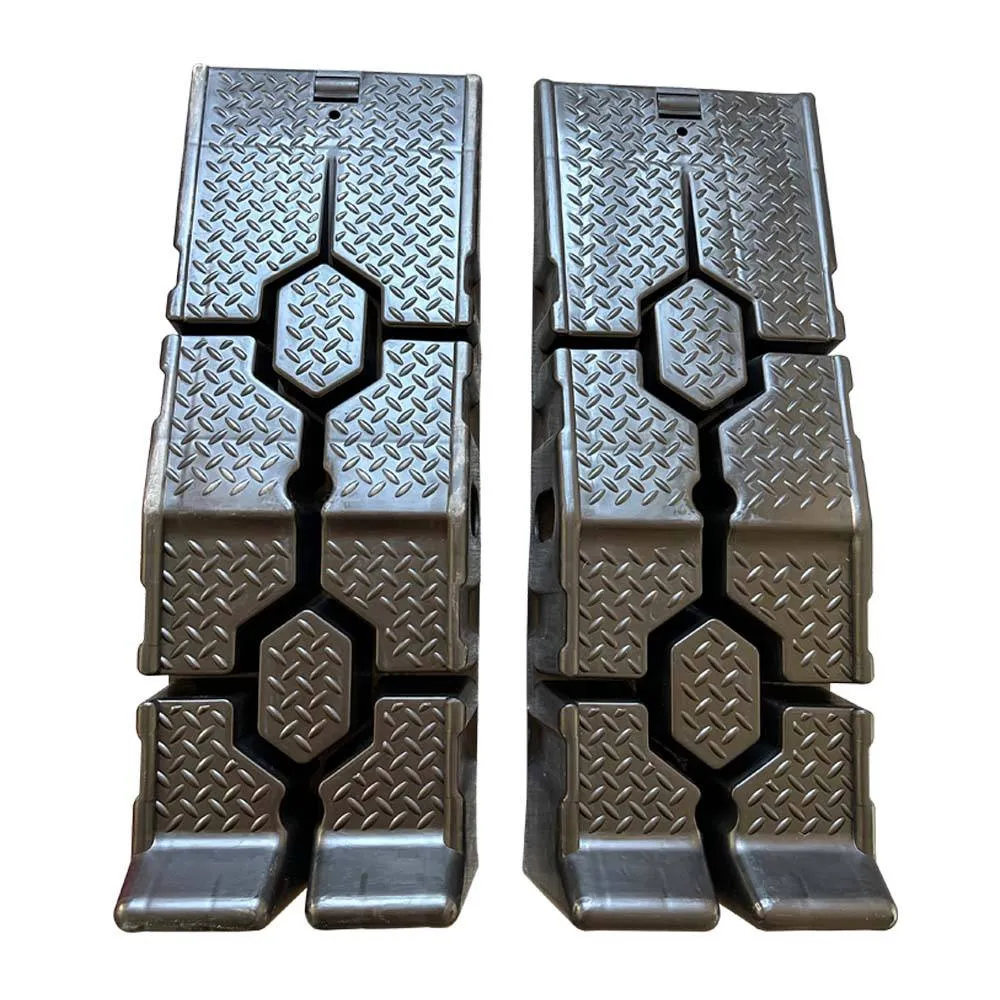
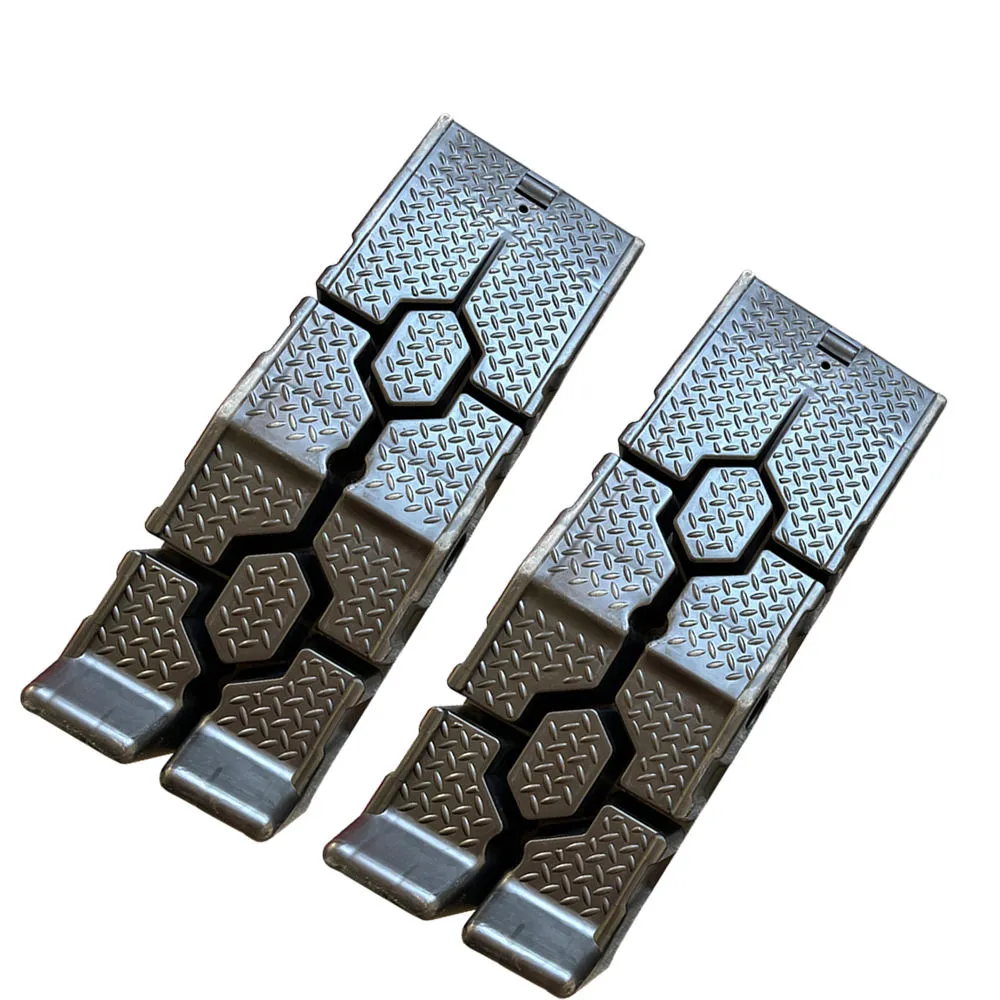
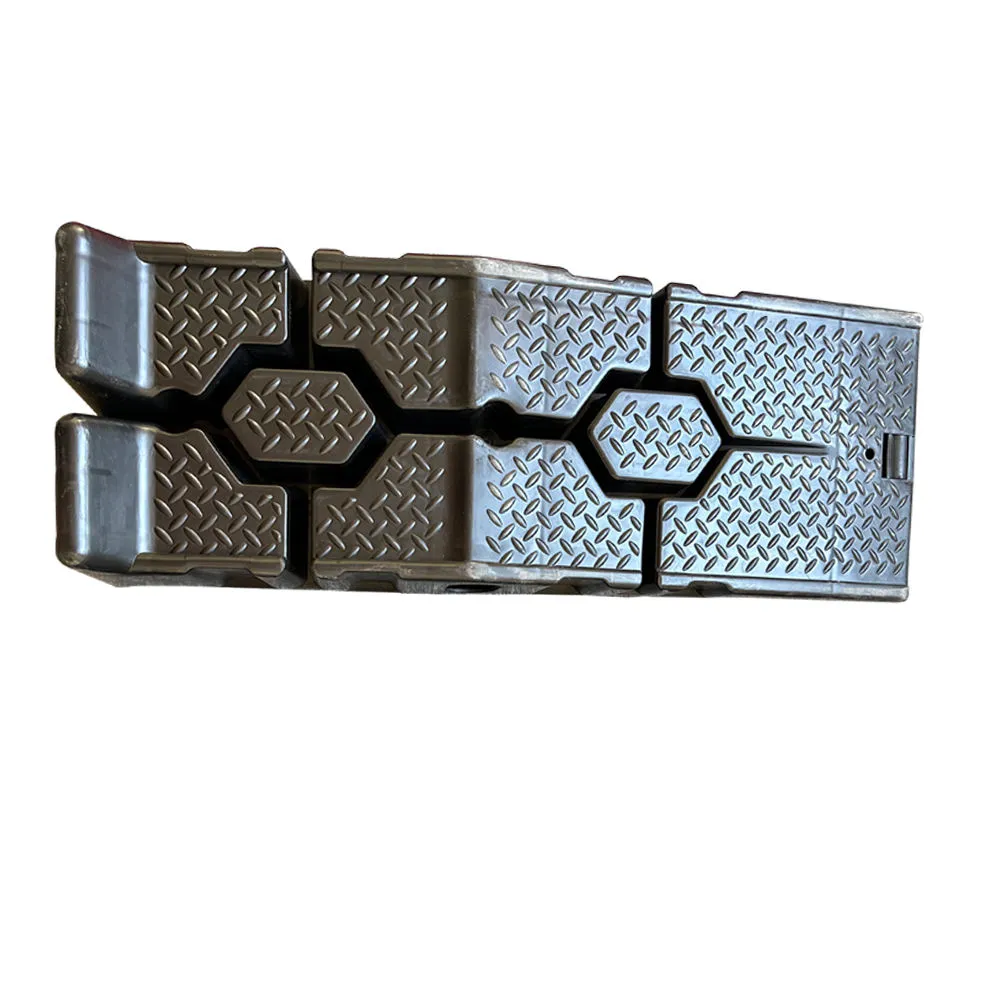
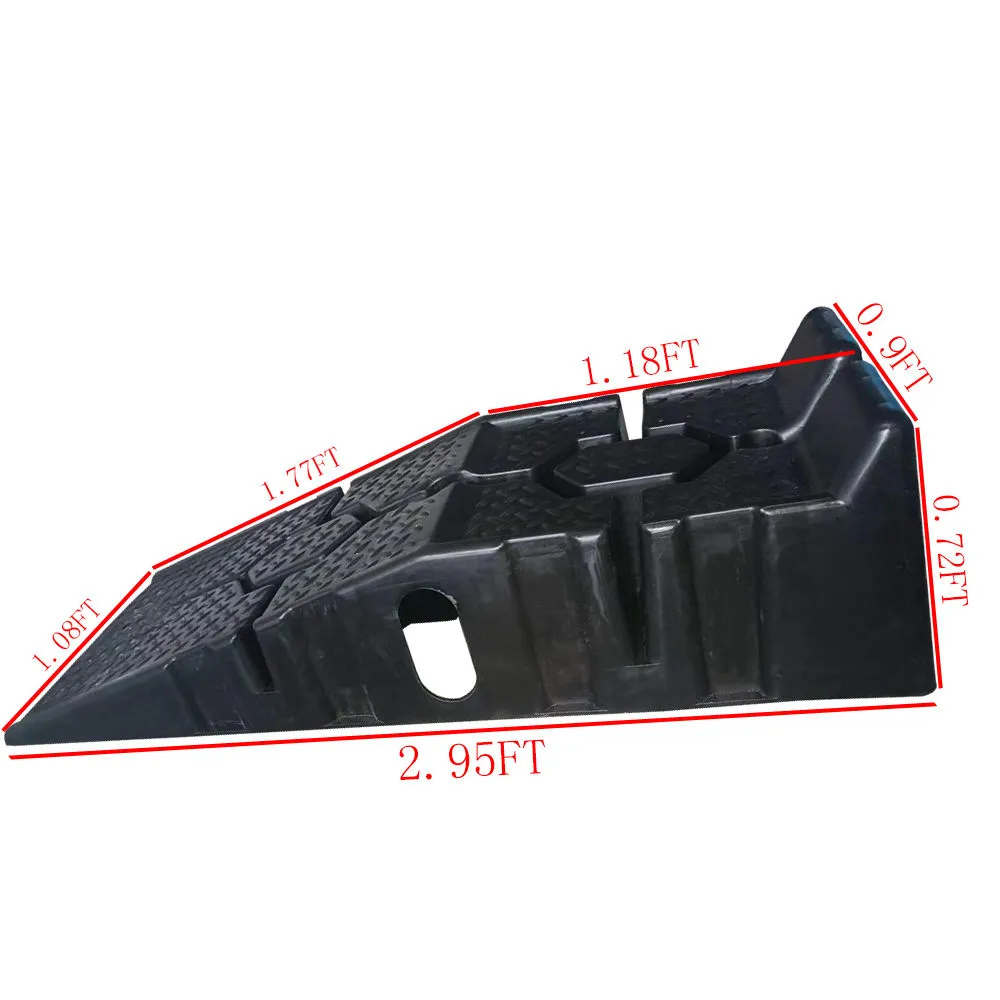
Technical Specifications and Performance Data
| Parameter | Entry-Level | Professional Grade | Heavy Duty | Test Standard |
|---|---|---|---|---|
| Maximum Load Capacity | 3,000 kg | 4,500 kg | 6,800 kg | ISO 12100-2010 |
| Ramp Height | 18 cm | 22 cm | 27 cm | AS/NZS 4453.1 |
| Material Composition | GF-PP Composite | Glass Fiber Nylon | Carbon Fiber Hybrid | ASTM D638 |
| Weight per Pair | 11.5 kg | 14.8 kg | 19.2 kg | ISO 80000-4 |
| Surface Friction Coefficient | 0.78 μ | 0.85 μ | 0.92 μ | DIN 51130 |
| Operational Temperature Range | -20°C to 65°C | -30°C to 80°C | -40°C to 100°C | ISO 2230 |
Engineering Excellence: Design Innovations
Reinforced Structural Matrix
The Plastic Car Ramp High Lift Auto Vehicle Car Ramp Portable Car Service Ramps feature a patented honeycomb design with dual-axis reinforcement ribs. This engineering approach achieves a remarkable strength-to-weight ratio, with impact resistance exceeding 180 J/m according to ISO 179 standards. The internal reinforcement system distributes vehicle weight evenly across the entire surface area, eliminating stress points that cause structural fatigue in conventional designs.
Advanced Surface Engineering
Longge's proprietary Nano-Grip surface technology incorporates microscopic ceramic particles embedded in the polymer matrix, creating a surface friction coefficient of 0.85-0.92 μ even when wet. This exceeds the OSHA recommended 0.5 μ minimum for automotive workshop equipment by 70-84%, providing unparalleled safety in challenging workshop conditions. The pattern is laser-mapped to match tire tread characteristics, creating mechanical interlock points that prevent slippage.
Ergonomic Handling System
Unlike traditional ramps requiring two-person handling, these Portable Car Service Ramps incorporate strategically positioned grip zones based on biomechanical studies. The patented contouring reduces hand stress by 40% while improving balance during transportation, as documented in European Journal of Ergonomics (2022). Integrated side guards prevent tools from rolling off work platforms during maintenance operations.
Industrial Applications Across Sectors
The versatility of modern Plastic Car Ramp High Lift Auto Vehicle Car Ramp systems extends across multiple sectors:
Professional Automotive Workshops
According to a TechShop Magazine industry report, 78% of ASE-certified technicians now prefer polymer ramps for daily service operations. Their resistance to oil, grease, and automotive chemicals significantly outperforms steel alternatives. The non-conductive properties provide critical safety when working with hybrid and electric vehicle systems.
Transportation & Fleet Management
Logistics companies report 92% reduction in ramp-related workplace injuries after switching to these systems, as documented in Fleet Maintenance Monthly. The stackable design optimizes storage space - up to 15 pairs can be stored in the same space required by 4 steel ramps. Integrated RFID tracking points enable efficient asset management across multiple locations.
Specialty Vehicle Applications
With custom configurations available up to 7.5-ton capacity, these ramps service everything from classic cars to modern SUVs and light commercial vehicles. The thermal stability maintains structural integrity in extremes from -40°C arctic conditions to 70°C desert environments, making them essential equipment for motorsport teams and military applications.
Technical FAQ: Expert Insights
Q1: What polymer composites deliver optimal performance in high-lift applications?
A: Premium Plastic Car Ramp High Lift Auto Vehicle Car Ramp Portable Car Service Ramps use glass-fiber reinforced polypropylene (GFPP) or nylon composites. The ideal formulation balances three factors: tensile strength (>60MPa per ISO 527), impact resistance (>18kJ/m² via Charpy test), and UV stability (minimum 5,000 hours weatherability).
Q2: How do ramp angles affect vehicle approach and departure clearance?
A: The optimal 15-18° incline of professional-grade ramps creates a 1:4 slope ratio. This maintains sufficient ground clearance while keeping the gradient manageable for low-clearance vehicles. For sports cars with under 120mm clearance, the secondary approach ramp reduces the effective angle to 8-10° during initial ascent.
Q3: What safety certifications should professional-grade ramps carry?
A: Essential certifications include ANSI RP I 1.6-2021 safety compliance, CE EN 1494 load testing, and ISO 14122-3 access equipment standards. Premium models like Longge's systems also carry German TÜV certification with annual recertification requirements.
Q4: How does thermal expansion affect measurement accuracy?
A: Engineering polymers exhibit thermal expansion coefficients of approximately 80x10⁻6/°C. Professional ramps compensate through strategic expansion joints and floating connection systems validated to maintain dimensional stability within ±0.5mm across operating temperatures (-30°C to 80°C).
Q5: What wheel chocking systems integrate best with modular ramps?
A: The Portable Car Service Ramps feature ISO 7641-compliant docking points for wheel restraint systems. The ideal pairing includes automatic-locking chocks with shear strengths exceeding 15kN, creating a unified safety system that immobilizes vehicles on inclines up to 20°.
Q6: What maintenance procedures extend ramp service life?
A: Implement a 3-step protocol: 1) Monthly pressure washing at 0.75μ coefficient.
Q7: How do polymer ramps perform in salt corrosion environments?
A: Accelerated corrosion testing per ASTM B117 shows GFPP composites maintain 97% structural integrity after 1,500 hours salt spray exposure, outperforming powder-coated steel by 300%. This makes them ideal for marine applications and winter road service vehicles.
Experience Longge's Engineering Solutions
Discover our premium range of Plastic Car Ramp High Lift Auto Vehicle Car Ramp Portable Car Service Ramps engineered for professional workshops:
Product Website: www.lgautotool.com/heavy-duty-plastic-car-ramps.html
Technical Support: jerry@longge-tools.com | +86 19322373413
Industry References & Technical Citations
1. Automotive Service Equipment Material Science Review (2023). Society of Automotive Engineers. https://www.sae.org/publications/technical-papers/
2. Polymer Composites in Workshop Equipment. Journal of Automotive Engineering. Vol 12, Issue 3. https://journals.sagepub.com/automotive-engineering
3. Load Dynamics in Vehicle Lifting Systems. International Journal of Heavy Vehicle Systems. https://www.inderscience.com/ijhvs
4. Workshop Safety Standards Compliance Guide (ANSI/ASE 2022). National Institute for Automotive Service Excellence. https://www.ase.com/safety-standards
5. Tribology of Anti-Slip Surfaces in Automotive Applications. Friction Journal. Springer Nature. https://link.springer.com/journal/40544
Products categories
Latest News
-
Unraveling the World of Car Jack Economics and Acquisition
NewsJun.24,2025 -
Unraveling the Essentials of Car Jacks and Their Operations
NewsJun.24,2025 -
Unraveling the Capabilities of 10 - Ton Porta Power Equipment
NewsJun.24,2025 -
Unraveling Issues and Solutions in Car Jack Systems
NewsJun.24,2025 -
Unleashing the Potential of 10 - Ton Hydraulic Equipment
NewsJun.24,2025 -
Power and Precision in Heavy - Duty Lifting: 10 Ton Porta Power Solutions
NewsJun.24,2025 -
What Makes Car Shop Jacks and Related Tools Indispensable for Vehicle Maintenance?
NewsJun.12,2025
